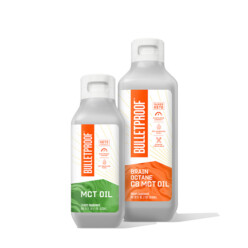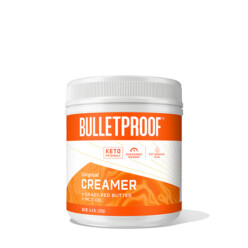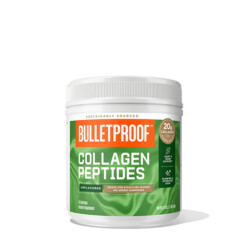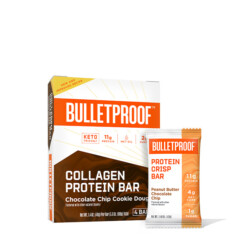Discover What Better Feels Like with Bulletproof Functional Nutrition

Build your perfect cup
Buttered, flavored, unflavored, we have mix-ins to enhance any coffee lover's taste.

Bundle and save up to 20%
Everything you love and nothing you don’t, build a custom bundle with your Bulletproof favorites. The more you add, the more you save!
AS SEEN IN




Available At Select Stores






Find a retail location near you
View all +
Latest
Most Read
View all Recipes +
















